Materials and tools
Most of you will have some of these lying around the household. In case you don’t, here’s a list of the most important ones that you might wish to obtain.
- Allergen-Proof Bed Covers
- Anti-allergen Laundry Detergent
- Dehumidifier
- Vacuum with a HEPA filter
- Steam Cleaner
STEP 1: Use allergen-proof bed covers
Dust mites simply love to feast on the dead skin cells we shed. As you might've guessed, most of that skin can be found in our beds. Now, for those of you who are allergic to these pests, the first line of defence would be to get hypoallergenic bed covers and at least get them out of your sheets.
When you go out looking for a brand new, allergen-proof bed cover, make sure you choose a waterproof one, as these tiny little pests enjoy damp surroundings more than they like biting you while you sleep.
STEP 2: Wash your bedding on a weekly basis
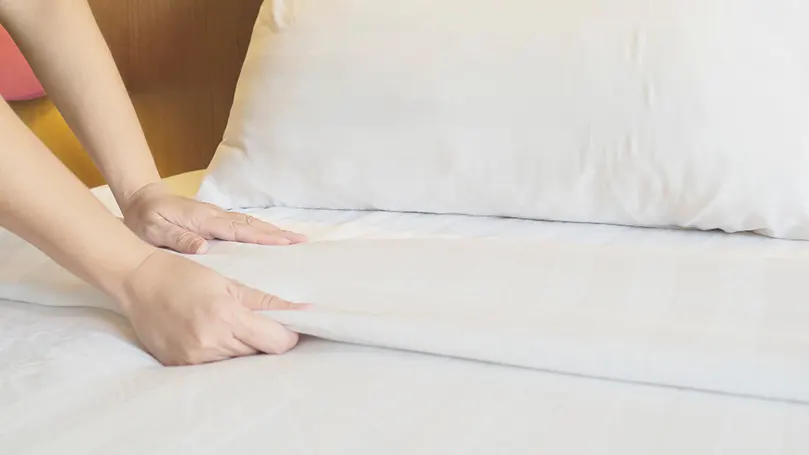
Purchasing a new pair of sheets will not be enough, however. Just like any other sheets, you need to keep them clean as well. A great way to keep the bedding fresh and clean is to use anti-allergen laundry detergent. Even though hot water and regular detergent do a good job cleaning your sheets, an extra layer of protection never hurt anybody – except bed bugs. On that note, washing and changing your sheets once a week should do the trick. If you wish to do it more often, feel free – it can’t hurt.
STEP 3: Make sure to keep the humidity at the low level
As we have previously mentioned, house mites thrive in damp conditions, so another keen way to make them disappear is to dehumidify the space. Not only will a dehumidifier make the world a living hell for those annoying pests but it will also improve the quality of your sleep, and more importantly life, in case you’re dealing with allergies. It is well known that humid conditions aren’t quite easy on your sinuses. On that note, you can find more interesting tips and tricks on how to sleep better when dealing with allergies so we suggest you take a look.
STEP 4: Remove any dust
Cleaning your home only when you notice dust build-up is not the move here. Dusty places around your house are basically Disneyland for annoying pests that cause you irritation, trouble sleeping, runny nose and frequent sneezing. We understand that you can’t spend your whole day cleaning dust, but a regular dusting wiping session will benefit you more than you can possibly imagine. One thing to keep in mind though is, don’t vacuum dusty surfaces as you’ll only create enough airflow for it to spread across your whole house – instead, use a damp wipe.
STEP 5: Have a filter in your furnace/AC unit
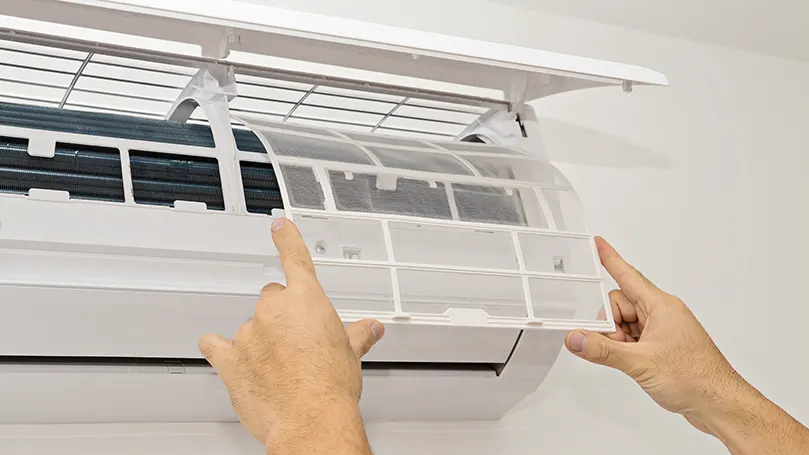
Many are unaware of this, but one of the main culprits for spreading dust particles and causing a dust allergy might just be your A/C unit. Not only do they create enough airflow for dust mites to move around freely, but they can also spread various germs and bacteria as well. All kinds of bacteria and dust, including mites, can build up within the air-duct of an A/C unit. Those then get spread across the room once you turn the A/C on. You have to use an air filter to stop that from happening. Additionally, you will have to wash and/or replace the filter occasionally.
STEP 6: Clean & vacuum your house regularly
Aside from removing visible dust, you have to clean your house regularly if you want to get rid of these pests. Cleaning and vacuuming your house is the least you can do. If you want to do more, however, get a vacuum with a HEPA filter, so you can be sure every harmful particle will be trapped within the vacuum. Additionally, cleaning your mattress, curtains or other surfaces with a steam cleaner will also remove a large portion of the house mites.
STEP 7: Lower the house temperature
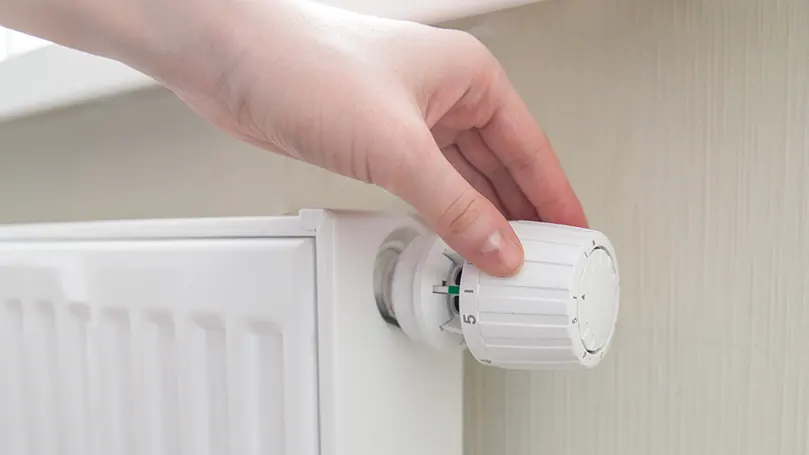
You may not like this one if you're someone that gets cold frequently, but lowering the temperature in your home can help your dust mite problem significantly. Unlike you, they can't survive too long in a cold environment, so turning the thermostat the other way might not be such a bad idea. This is especially true when it comes to the bedroom, because, as you know, that's where the dust mite bites occur. So, turn down the temperature and don’t let the bed bugs bite you!
STEP 8: Groom your pets regularly
Having a pet is a wonderful thing – we all love them. Unfortunately, the mites do, too. For that, and many other reasons, as well, you should groom your pets regularly. A weekly bath is the least you can do for your pet. Give them a bath, dry them off and leave them be. Additionally, although we know it must feel great, don't share your bed with your pets – especially if you're allergy-prone. Nothing against these lovely animals, but dust mites and all sorts of other allergens tend to linger in your pet’s fur – even after a thorough bath.
STEP 9: Use mattress and pillow covers
Quality, hypoallergenic covers will not only significantly improve your sleeping experience, but they'll ensure that you're the only one sleeping in the bed that night. Now, you might not want to give up your silk sheets, which is understandable, but the good news is – you don't have to. Using a pillow or mattress covers under the sheets is more than enough to make sure there aren't any dust mites in your bed. Aside from hypoallergenic properties, a quality mattress cover can improve the comfort of your bed as well.
STEP 10: Ensure a regular and good ventilation in your home
Good airflow and a fresh batch of air are all you need sometimes. The air that's been trapped in a room for quite some time can become quite damp and stale, which we already established is what the dust mites want. On that note, the proper and regular ventilation of your home can be your greatest ally in the fight against these tiny, little monsters. If you don’t have a ventilation system, don’t worry – opening up a window is just as effective, if not more.
In addition, equipping your home with an air purifier is going to improve your overall air quality and therefore reduce the possibility for getting mites and allergens within your home. You might have problems with humidity as well, where high quality air dehumidifiers comes in to solve the problem.
Wrapping up
Now, we can’t guarantee that you will get rid of all the house mites in your home – nobody can, that’s impossible. However, if you do follow our simple guide, we can guarantee that you will be living in a much better and healthier environment as all of these methods have been proven both true and effective. In addition, you can perform mattress deep cleaning every once in a while to make sure you keep it fresh and clean all the time. Hopefully, you take our advice, get some new sheets, adopt some new habits and eventually see for yourself what it’s like to live in a world without dust mites.

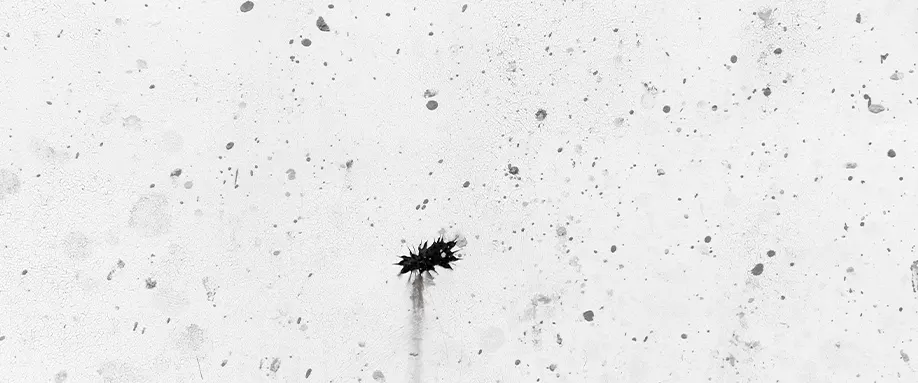

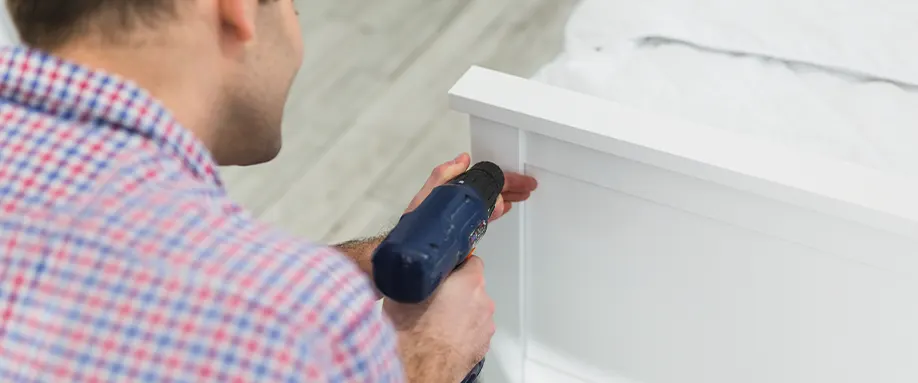













There are no comments yet
"*" indicates required fields